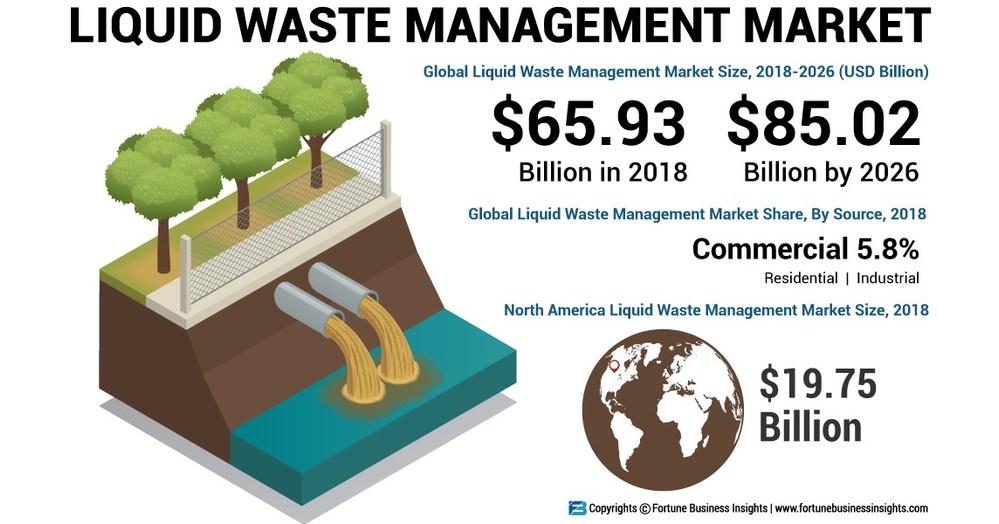The Single Strategy To Use For Reclaim Waste
The Single Strategy To Use For Reclaim Waste
Blog Article
About Reclaim Waste
Table of ContentsWhat Does Reclaim Waste Mean?The 4-Minute Rule for Reclaim WasteAn Unbiased View of Reclaim WasteSome Of Reclaim WasteReclaim Waste Can Be Fun For Everyone
With appropriate fluid waste management, firms can minimize energy-intensive treatment procedures and disposal expenses. By adhering to a system for managing liquid waste, companies can stay clear of costly fines and fines and avoid unfavorable promotion.(http://www.place123.net/place/reclaim-waste-laverton-north-vic-australia)Accumulate representative samples from numerous points within the waste stream to make sure accuracy. Conduct regular testing to track any modifications in the structure. Preserve thorough records of characterization for future reference and conformity objectives. Liquid waste, especially hazardous ones, positions substantial risks during this step. Correct procedures minimize spills, leaks, and various other crashes that can hurt the employees and the general public.

Disinfection (e.g., chlorination, ultraviolet light, ozonation) and nutrient elimination (e.g., denitrification and phosphorus obliteration) are advised under stringent regulations. Numerous companies broke several liquid waste disposal regulations in recent years.
Not known Details About Reclaim Waste

are made use of by sectors that create large volumes of low-toxicity fluid waste. Superficial basins contain liquid waste that is permitted to evaporate through all-natural processes. The deposit left can be dealt with in land fills. includes burning fluid waste at high temperature levels and converting it into gas and ash. This type of disposal goes through stringent ecological laws as a result of possibly dangerous exhausts.
The findings must be recorded, examined, and saved not simply for submission to governing authorities however additionally for making improvements in the future. Share information with pertinent stakeholders (e.g., employees, regulatory government companies, and close-by areas) to keep openness and liability.
Understanding these can aid them properly manage their operations and lessen their ecological influence. Firms that can not invest in centers need to take into consideration teaming up with the public field for much better services.
The Reclaim Waste Statements
By executing extensive management systems that consist of treatment and reusing methods, regular surveillance, danger assessments, and adherence to neighborhood and federal policies, commercial facilities can add to the protection of groundwater materials, guaranteeing their accessibility for future generations (liquid waste removal). Allow's explore the value of reliable liquid waste monitoring in the industrial field, concentrating on its effects for securing groundwater sources
The air pollution of groundwater resources due to improper fluid waste monitoring in the commercial industry has significant consequences for human health and wellness, farming, and the environment all at once. Some of the prospective influences caused by such pollution include: Contaminated Alcohol consumption Water Products: As groundwater provides a significant part of our drinking water, air pollution from commercial activities can lead to harmful chemicals and microbes entering our water systems, presenting health threats for humans.
Lowered Agricultural Efficiency: Agriculture relies heavily on groundwater for watering; as a result, right here polluted water can hinder crop yields, infect agricultural items, and impact food safety and security. Offered the value of preserving groundwater sources, it is important for services to take a proactive position in managing their liquid waste responsibly and avoiding pollution.
Facts About Reclaim Waste Revealed
Fluid waste can contaminate land and contaminate waters. Under the Defense of the Atmosphere Procedures Act 1997, businesses that create liquid waste are needed to manage it in such a way that secures the environment and the neighborhood. Information regarding handling and saving liquid waste, reacting to spills and decreasing fluid waste is readily available in the complying with reality sheets and support:.
The duty of waste administration specialists in safeguarding this precious resource can not be overstated. Contaminated water and contaminated effluent management: Guaranteeing that harmful liquids are safely removed and dealt with prior to they can hurt our water sources.
Thus, incorporating lasting liquid waste management right into economic preparation improves financial stability and shields the setting, demonstrating the value of this strategy. In final thought, adopting professional fluid waste monitoring techniques is critical for making certain a sustainable future, shielding our atmosphere and securing the well-being of future generations.
When it involves taking care of waste, sticking to correct treatments is critical for a wide range of factors. Proper garbage disposal is not just regarding cleanliness; it has to do with ensuring the wellness of our setting, wellness, and the efficient use resources. Recognizing the relevance of effective waste administration can help all of us add to a much healthier, cleaner world.
Reclaim Waste Fundamentals Explained
Reliable waste monitoring aids maintain tidy streets and public spaces, lowering the aesthetic influence of litter and guaranteeing that waste does not damage wildlife. When waste is not taken care of properly, it can lead to pollution, where unsafe substances can seep into the dirt, water systems, and the air, producing long-lasting environmental problems.
Report this page